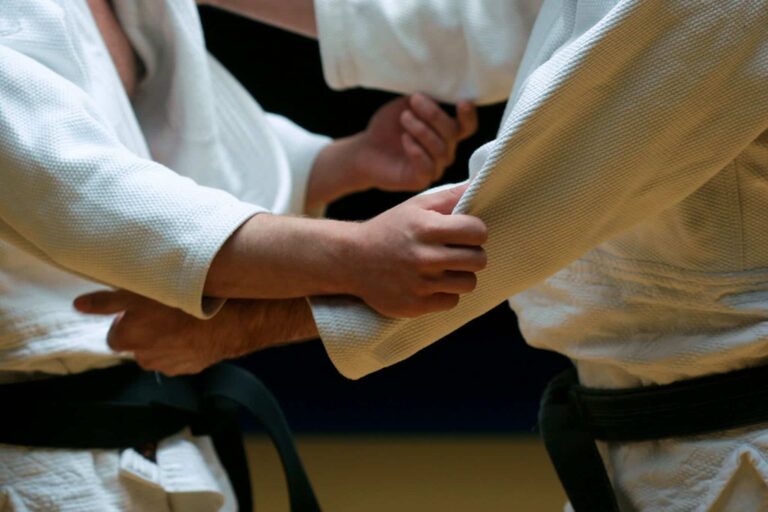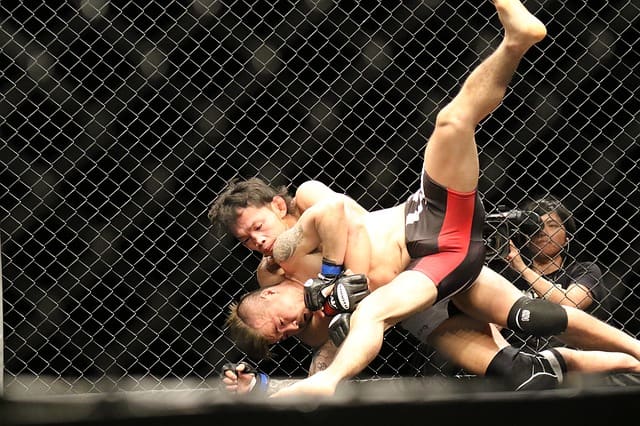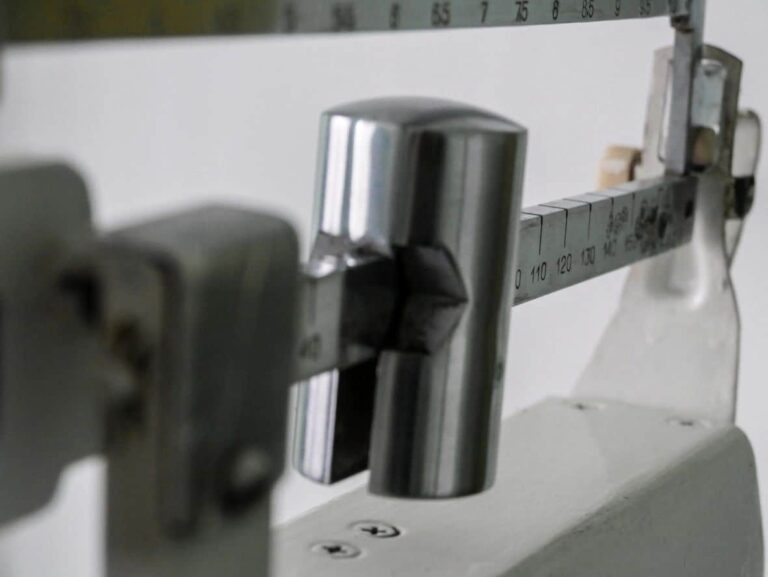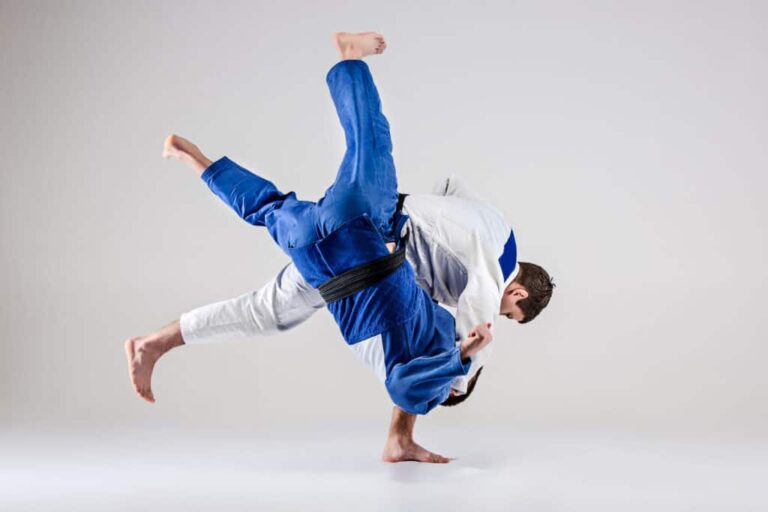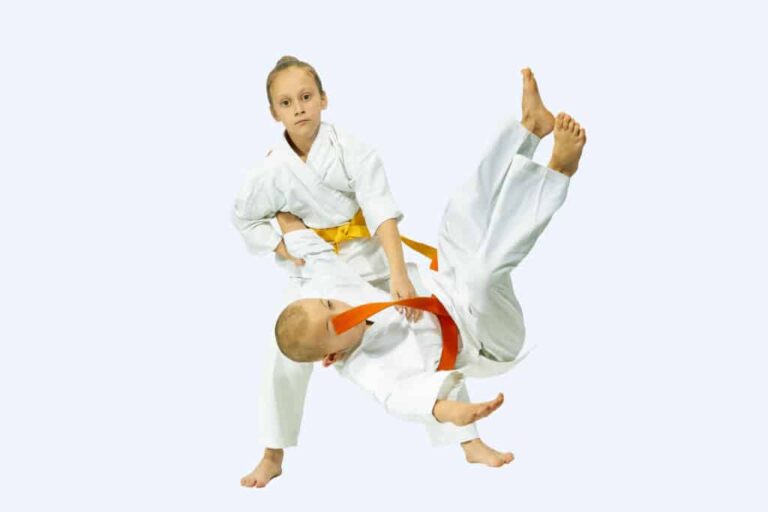How To Wash A Judo Gi: A Simple Step By Step Guide
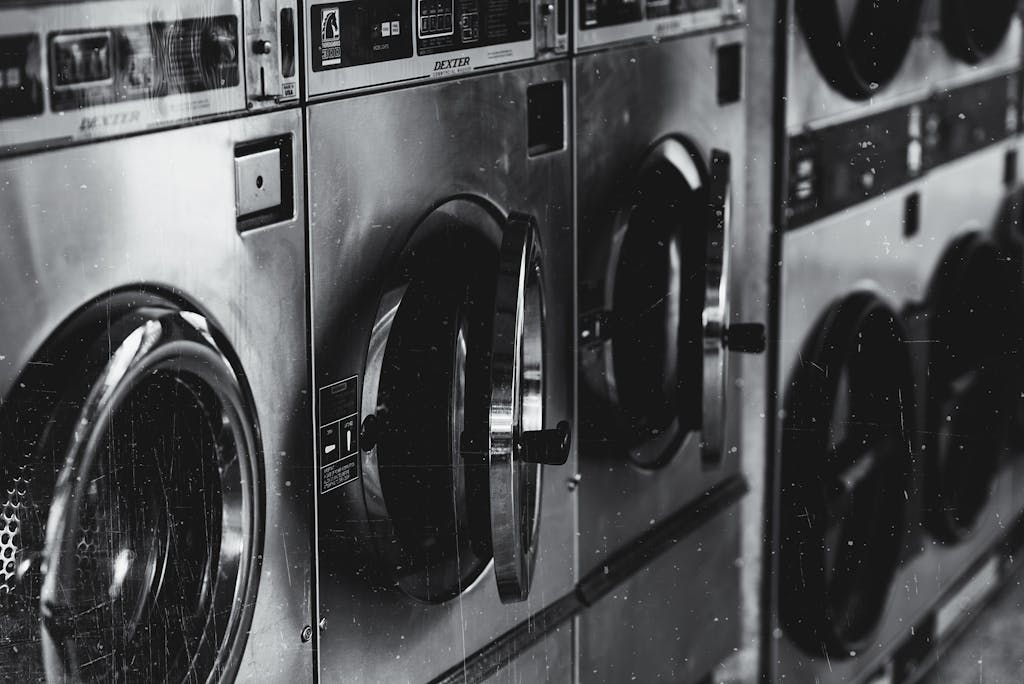
Washing your judo gi is a bit different than washing most other clothing. Since you want your judo gi to last, you want to make sure you wash your gi properly. We will go into the fine details later, but first, let’s just start with the basics of washing your judo gi.
Always wash your judo gi inside out with a high-quality detergent in cold water. Avoid using bleach and harsh chemicals on your gi. Once your gi is out of the wash, then hang it to air dry.
Avoid using high temperatures and avoid using the dryer to dry your judo gi. You should be washing your judogi after every class. It is considered bad etiquette to come to class with a dirty judogi.
There are certain diseases that you can spread from a dirty gi to other people at your school. Two common examples are ringworm and staph infections. So please learn how to wash and keep your gi clean.
How To Wash A Judo Gi In Three Simple Steps
#1 Turn Your Jodogi Inside Out
The first thing you are going to want to do is to turn your judogi inside out. You will want to do this for both the jacket and the pants. This is true for washing any kind of gi. You would wash a BJJ gi the same way you would wash a judo gi.
The reason you want to do this is that it helps prevent damage on the outside of your gi. This will help you keep the outside including any patches from wearing faster than it needs to. Make sure not to wash a white judo gi with colored clothing.
#2 Use High-Quality Laundry Detergent
After you have turned your judo gi inside out, place it into the washing machine. Then you are going to want to make sure to use high-quality laundry detergent. This is because during class you are going to work up a fair deal of sweat that is going to be absorbed by your judogi.
In addition, you will also absorb oil from other people’s bodies as well and might even get bloodstains or who knows what else on your judogi as well. Because of this, you will want to use very good and powerful laundry detergent. My recommendation is to use Persil ProClean.
Persil ProClean was one of the few detergents that could handle tough stains from body oil and blood according to a study done by consumer reports. This makes it the perfect detergent to fight many of the strains commonly found on a judogi.
If you are opposed to using non-natural laundry detergent then you can also find a natural brand such as Biokleen Sport.
It is best to avoid using bleach and fabric softeners on your judogi. Later on, we will go over how to keep your judogi white without bleach. In addition, we will talk about how to get tough stains out as well. But for now, let’s stick to the three steps.
*Note: To help keep sweat off of your judogi you might also want to invest in some rashguards and spats. Simply put them on under your judogi so that they absorb the sweat instead of your judogi. I should mention that they are not allowed in competitions but I recommend wearing them during practice.
#3 Wash Your Gi In Cold Water
Something you will want to avoid at all costs is washing your judogi in hot water. Hot water will cause your judogi to wear out much faster. In addition, hot water will also cause your judogi to shrink. Unless you are trying to shrink your gi on purpose you will want to avoid this.
So before you start your cycle make sure that the water temperature is set to cold. There are also likely a few different washing cycle choices to choose from. Of course, not all washing machines are the same but there should be a setting for either delicate wash or hand wash cycle. Choose one of these two options.
Once you have chosen the right cycle and have set the water temperature to cold go ahead and press start. Then simply wait for the washing machine to do its thing. This brings us to an equally important part of the process. That is, of course, drying your judogi.
How To Properly Dry Your Gi
Drying your judogi properly is just as important as washing it correctly. You do not want to dry your gi in the dryer. The dryer will cause your judogi to wear out faster and will also cause it to shrink. So it is best to avoid using a dryer as much as possible.
Instead, you are going to want to let your gi air dry by hanging it in a closet or outside in the shade. If you choose to let it air dry outside make sure that it is in the shade and not in the sun. Direct sunlight can cause discoloration and can potentially even shrink your gi.
If you must put it in the dryer because you are short on time, use a setting with little or no heat. This is usually called air dry, air fluff cycle, or tumble dry on most dryers. You mostly want to make sure not to shrink your gi.
Note that I still do not recommend this but if you are going to do it you might as well know the best way to do it. But again air dry is the way to go.
One method to help you dry out a judogi faster is to put it in front of a fan. Sure this might not be as fast as putting it into the dryer but it will certainly shave some time off the process.
Invest in a handful of judogis instead of only having one or two. You do not need a ton of them but working your way up to at least three judogis is a good idea. This way you always have a clean gi to wear to class.
Washing Stains Out Of Your Gi
The most important rule in getting a stain out of a judogi is to address the stain as soon as you can. A very common stain associated with a judogi is a bloodstain. Bloodstains can be a pain if you do not address them quickly. The best way to get rid of bloodstains is with hydrogen peroxide.
If at all possible apply some 3% percent hydrogen peroxide to the bloodstain while it is still fresh. It will likely come off immediately. Then rinse it off with cold water. After that, wash your gi like you typically would as soon as you get home.
If you cannot get to the stain immediately and have to wait till you get home then I would recommend using white vinegar. This would be the preferred method if the bloodstain has already dried. If so, pour a small amount of white vinegar directly on the stain and let it soak for 10 minutes.
Then use a towel to blot out the stain. You might need to repeat this process a few times. Afterward, wash your gi as you normally would.
Avoid using bleach and other harsh chemicals on your judo gi. If you need to keep your gi nice and white there is a better solution. This solution is also great for removing general stains as well.
How To Whiten A Gi Without Bleach
If you are worried about how to keep your judo gi white without bleach do not worry there are other ways. Bleach will cause your GI to wear out much faster and it is best to be avoided. Instead, you can use either baking soda, white vinegar, hydrogen peroxide, or Oxiclean.
For the baking soda method, all you need to do is add 1/2 cup of baking soda to your normal wash. Baking soda is great for whitening clothes as well as removing nasty odors.
For this reason, it is probably a good idea to wash your judogi with baking soda every once in a while even if you are not worried about whitening it.
For the vinegar method, you simply want to add one cup or a little bit less white vinegar to your regular load of laundry. Both baking soda and vinegar are great options for whitening your judogi. They also are great for removing stains and odors as well.
The third option you can use is 3% hydrogen peroxide. For this method add 1/2 cup of hydrogen peroxide to your laundry load. Hydrogen peroxide is especially good for whitening clothes that have mildew or bloodstains.
Lastly, you can also use Oxiclean to help whiten your judogi. Oxiclean is another great and easy option and you can find it at most stores. Simply follow the instructions on the Oxiclean container. Any of these methods are great for whitening your judogi.
In Conclusion
Hopefully, you enjoyed this article on how to wash a judogi! Taking care of your judogi will help to ensure that they do not wear out faster than they need to.
In addition, washing your gi is just simply good gym etiquette. It is important to do your part in keeping your school clean and your classmates as safe as possible by keeping yourself and your judogi clean.
